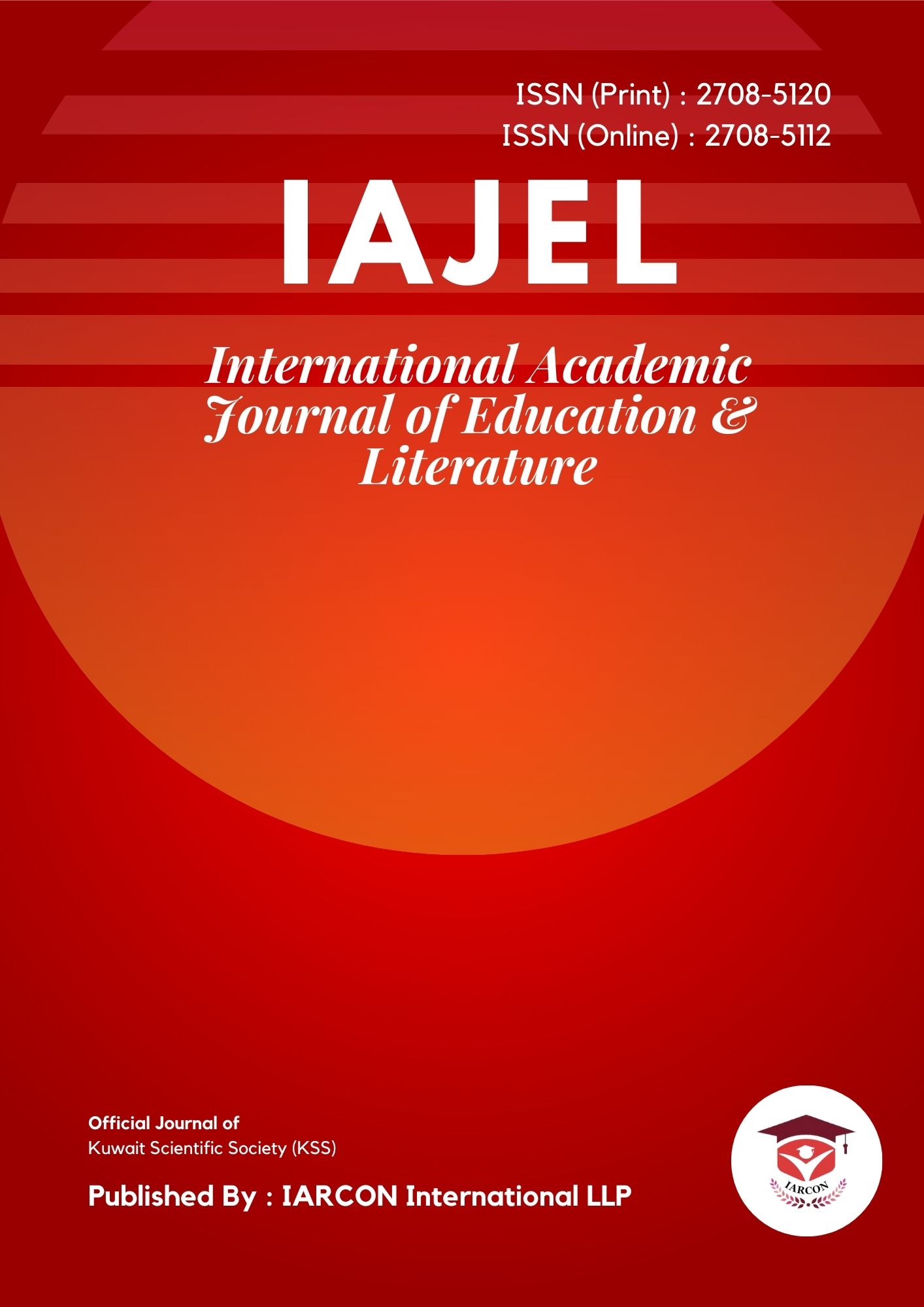Educational level of any society is synonymous to its capacity for development as well the wellbeing of its citizenry. This has been sufficiently demonstrated by Euro-American societies in terms of their achievements in the areas of GDP per income, research and technological advancement which is closely link with their educational advancement. The 21st century has witnessed a surge in demand for advance education particularly, through online and open/distance education due to inadequate absorptive capacity of the existing conventional tertiary institutions. This study argues that it has become difficult for any country to play down the importance of the quality and quantity education particularly, through open distance education and the use of other related technology tools to deliver educational services in addressing the issues related to socio-economic, political, science and technology challenges. However, the major challenge for open distance education in Nigeria has remain how to ensure parity in terms of quality of input/impacted knowledge and output/quality of graduating students between the online distance education students and the students on faceto-face/ mode. This is important in order to promote high quality of workforce desirable for economic growth and national development in Nigeria

